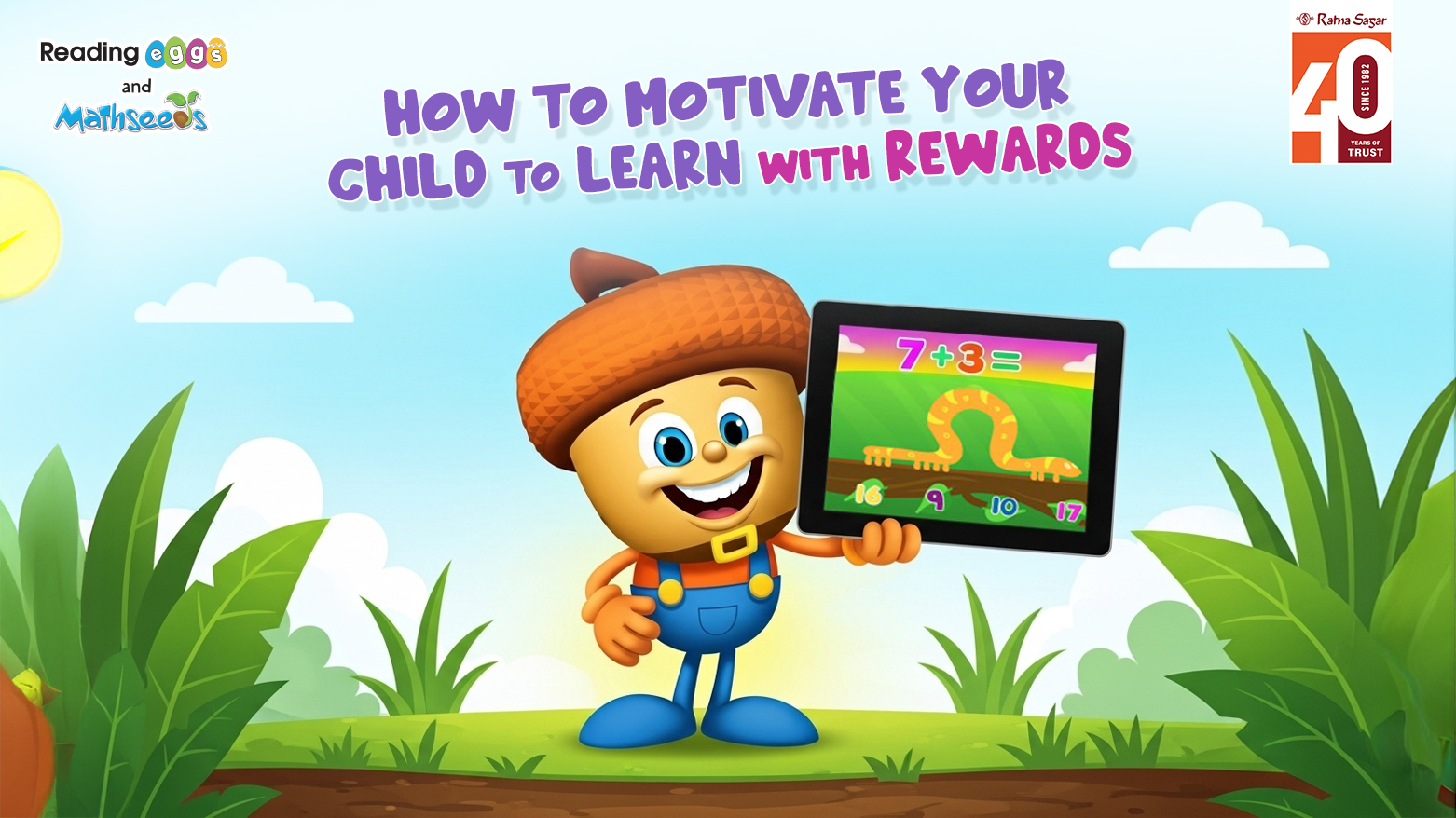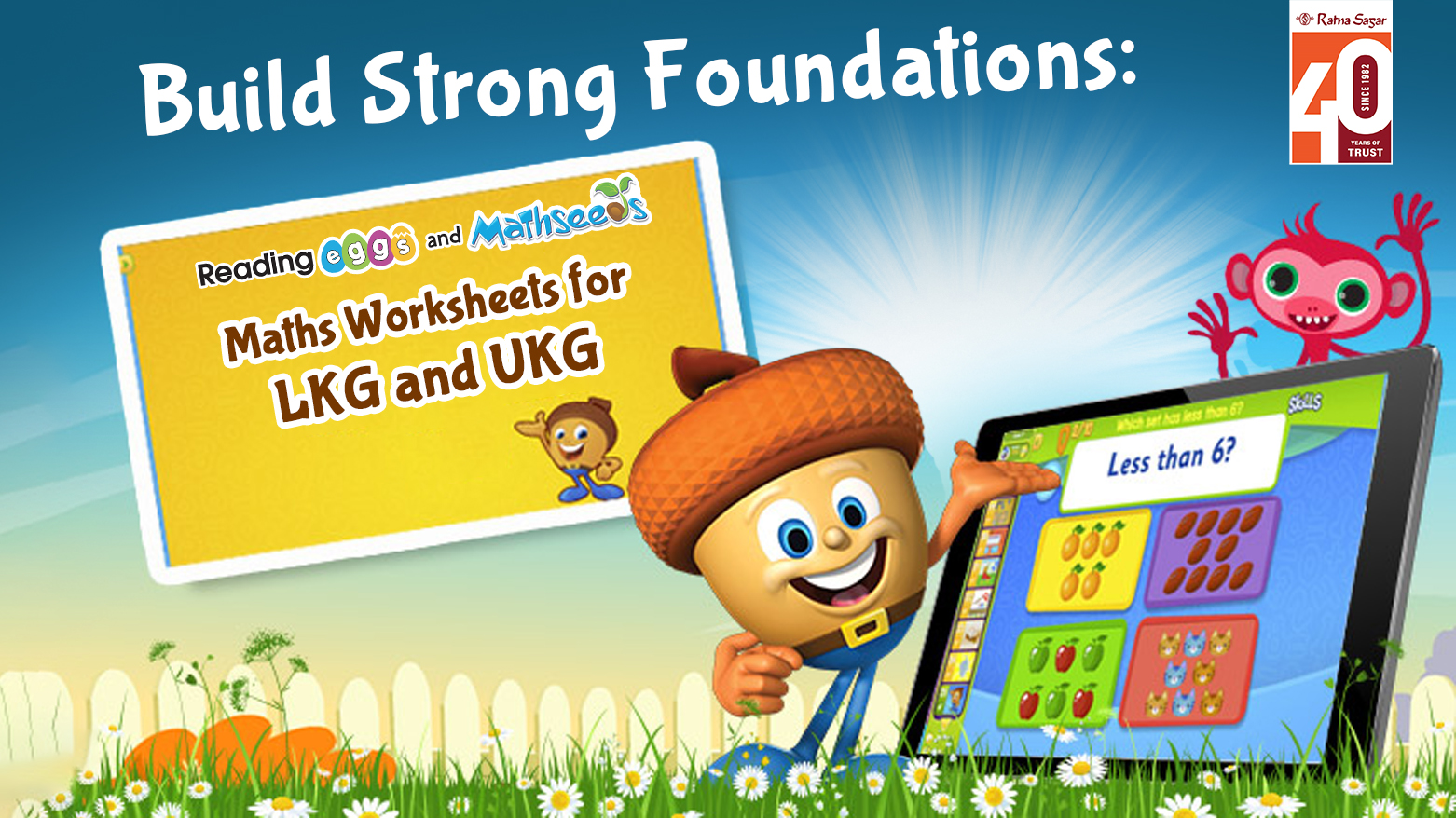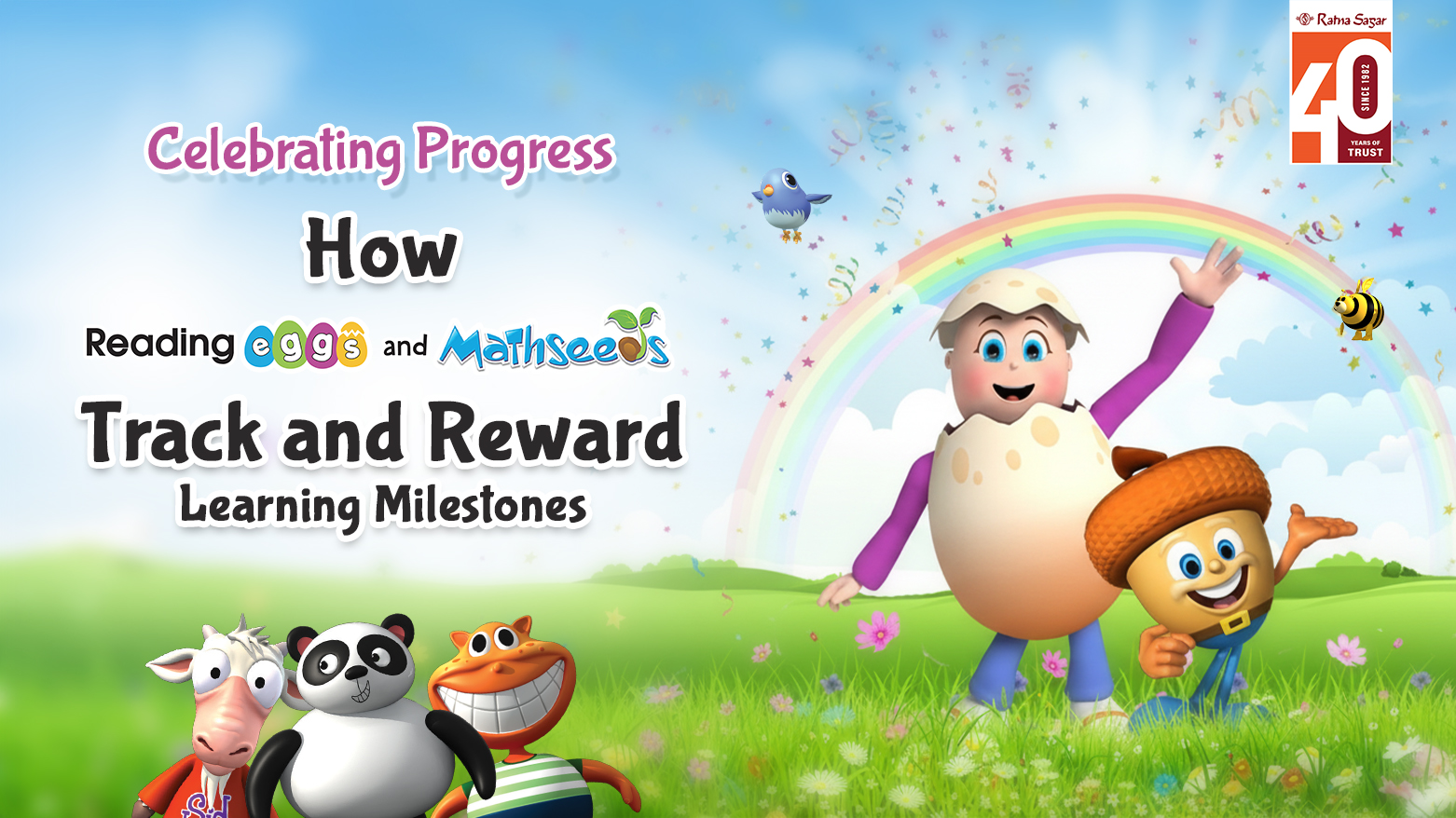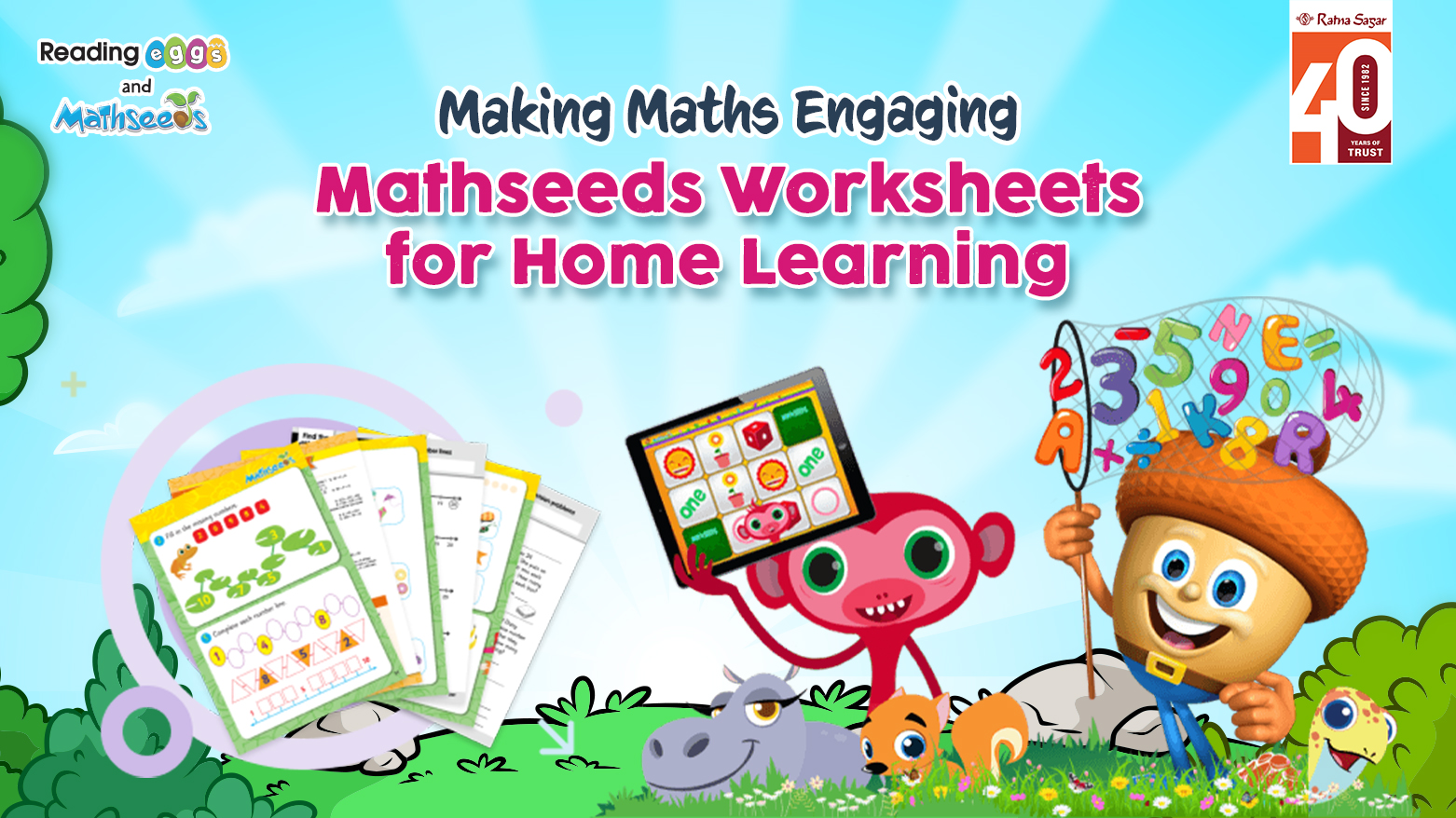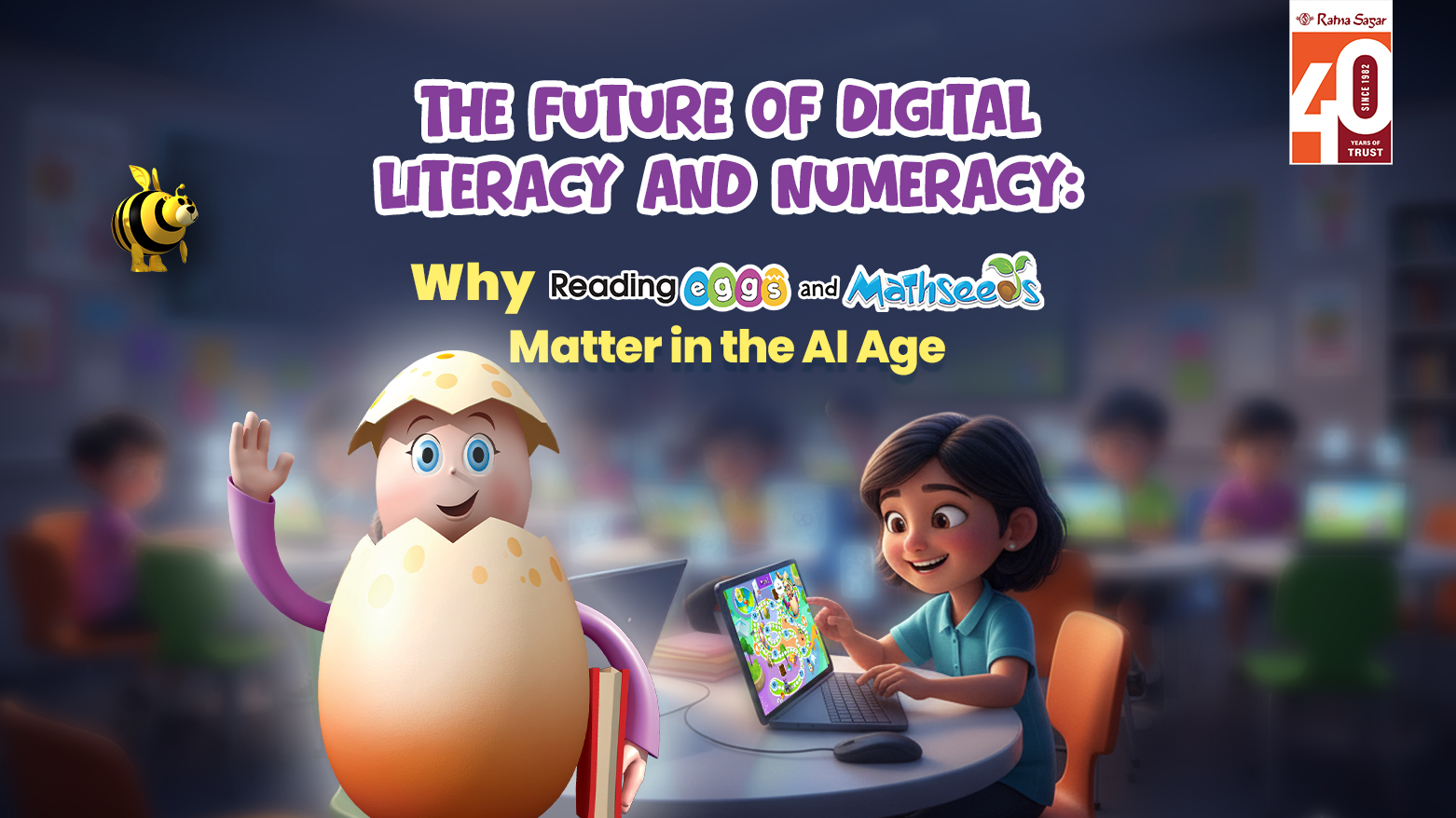Motivating children to study is often one of the biggest challenges parents face. While some kids dive into new topics with curiosity, others struggle with learning motivation, finding it difficult to focus or enjoy academic tasks. The good news is that structured rewards, gamification, and interactive approaches can help spark interest. When children associate learning with fun and positive reinforcement, they are more likely to develop a lasting love of education.
Why Children Sometimes Lack Learning Motivation
There are many reasons why children lose interest in studying. Some may find lessons too challenging and feel discouraged. Others may see learning as a chore, especially if it lacks fun or creativity. In today’s digital world, traditional methods may simply not feel engaging compared to games, videos, and apps children use for entertainment.
This is why parents and teachers need strategies to make learning exciting while still meaningful. By introducing educational rewards and enjoyable activities, we can transform the attitude of a struggling child into one of enthusiasm and confidence.
The Role of Positive Reinforcement and Educational Rewards
Positive reinforcement has always been a proven method to encourage children. Instead of focusing on mistakes, rewarding effort and progress makes a child want to keep trying. Simple educational rewards like achievement badges, stars, or unlocking a new level in a game provide instant motivation.
For example, when a child completes a reading lesson and earns a digital sticker, the reward not only celebrates progress but also encourages the child to attempt the next challenge. This ongoing cycle of effort and reward builds consistency in learning motivation.
Benefits of Gamification and Learning Games
Adding gamification to education means using elements of play—such as points, badges, levels, and leaderboards—to make study feel more like a game. Gamification keeps children excited, offering small goals to work toward and immediate feedback on performance.
Learning games combine fun and education by turning reading comprehension, vocabulary, and math problems into engaging challenges. For instance, spelling quizzes may be presented as an adventure, while solving equations may feel like completing puzzles. These interactive experiences boost concentration, problem-solving skills, and overall enjoyment of study time.
When learning becomes a game, children are less likely to resist it and more likely to stay motivated.
How Reading Eggs and Mathseeds Motivate Learners
Reading Eggs and Mathseeds are excellent examples of how digital learning programs use rewards and gamification to improve learning motivation.
- Reading Eggs: Offers phonics lessons, reading practice, and comprehension activities in the form of fun learning games. Children can earn golden eggs, collect rewards, and unlock new challenges as they progress.
- Mathseeds: Makes math exciting by presenting concepts through interactive puzzles, quizzes, and rewards. Badges, maps, and characters guide children through each stage, giving them a sense of achievement.
These programs use structured positive reinforcement to ensure children feel good about learning. The digital rewards system motivates them to return daily, strengthening skills while keeping education fun and engaging.
Screen Time Tips for Healthy Learning
While apps and online tools are beneficial, balancing usage is important. Parents can apply simple screen time tips to ensure children get the best from digital learning:
- Set time limits: Divide screen time between study and play, ensuring learning comes first.
- Consistent schedule: Encourage regular but short learning sessions rather than long, overwhelming ones.
- Active participation: Join your child during some activities to make learning more interactive.
- Encourage breaks: Mix digital study with outdoor activities, crafts, or reading physical books.
By following these screen time tips, parents can create a healthy routine that allows children to benefit from learning games without overuse.
For more blogs, read our articles Why Play-Based Learning is Key to Your Child's Success?
Conclusion
Motivating children to learn doesn’t have to feel like a struggle. With the right mix of positive reinforcement, educational rewards, and gamification, parents can transform study sessions into exciting play-like experiences. Programs like Reading Eggs and Mathseeds illustrate how structured learning games help children stay motivated, learn effectively, and build confidence in both reading and math.
Encourage your child to embrace learning by making it fun, rewarding, and consistent. With the right strategies, screen time turns into learning time, and education becomes a joyful journey of progress and achievement.
